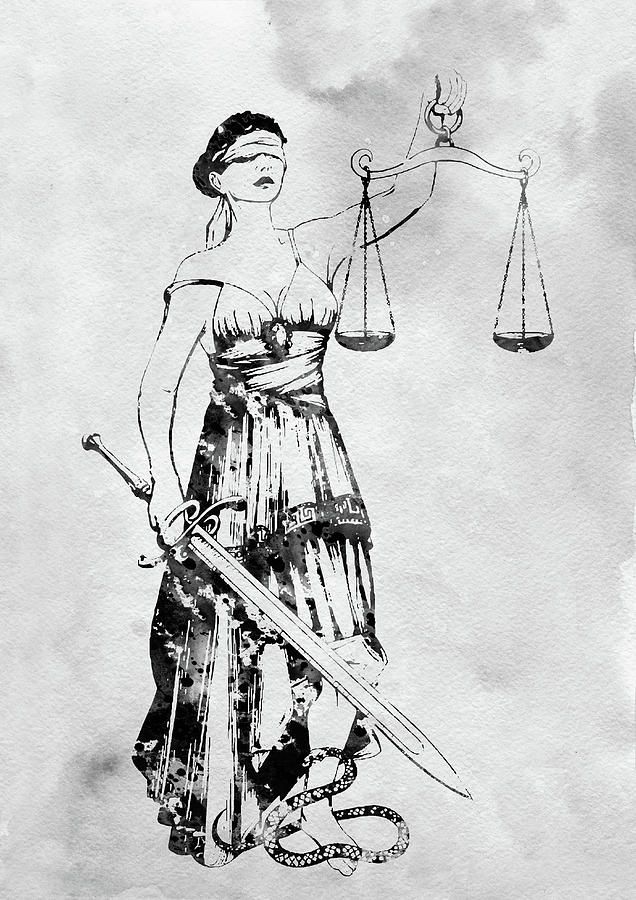I have been committed to carrying out my duties... in accordance with both the letter and spirit of all applicable rules of ethics and canons of conduct.
Real Estate Mortgages (part B)
by
Charles Lamson
Rights of the Mortgagor
The mortgagor has several rights, including:
- Possession of the property
- Rents and profits
- Cancellation of lien
- Redemption
- Sale of the property
 |
Possession of the Property
As the owner of the property, the mortgagor usually has the right to retain possession of the mortgaged property. Upon default the mortgagee usually may take possession to collect rents and profits and apply them to the mortgage debt in compliance with a duty as a fiduciary to the mortgagor. In some states possession cannot be taken, but the appointment of a receiver to collect rent and profits may be obtained.
Rents and Profits
The mortgagor, as the owner of the property, has the right to rent and profits from the property. In the absence of an express agreement to the contrary, the mortgagor has the right to all rents and profits obtained from the mortgaged property. The mortgagor may retain the profits. This rule or any other rule may, of course, be superseded by a contract providing otherwise.
Cancellation of Lien
The mortgagor has the right to have the lien cancelled on final payment. As soon as the mortgagee receives the mortgage, it becomes a lien upon the mortgaged real estate. The clerk in the recorder's office cancels a mortgage lien by entering a notation, usually on the margin, certifying that the debt has been paid and that the lien is canceled. The mortgagee, not the mortgagor, must have this done. If the mortgagee does not, the mortgagor may institute court action to have this cloud removed from the title so that there may be a clear title.
Redemption
The mortgagor has the right to free the mortgaged property from the lien of the mortgage after default, known as the right of redemption. Statutes in most states prescribe a specific time after the foreclosure and sale when this right may be exercised. In order to redeem the property, the mortgagor must pay the amount of the mortgage, the costs of the sale, and any amount paid to protect the purchasers interest in the property, such as taxes or insurance.

Usually only a person whose interests will be affected by foreclosure may exercise the right of redemption. This includes the executor or administrator and heirs of the mortgagor, and frequently a second mortgage or junior lien holder.
Sale of the Property
The mortgagor has a right to sell the property on which a mortgage exists. The purchaser may agree to "assume all the mortgage," which means to be primarily liable for its payment. "Assuming" the mortgage differs from buying the property "subject to the mortgage." In the first case the buyer agrees to be liable for the mortgage obligation as fully as the original mortgagor. If the buyer takes the property "subject to the mortgage" and default occurs, the property may be lost, but no more.
A sale of the mortgaged property does not automatically release the original mortgagor whether the purchaser assumed the mortgage or bought it subject to the mortgage. The mortgagor remains fully liable in both cases.
To excuse the mortgagor from liability under a mortgage, a novation must take place. This can occur if the parties involved sign a written agreement releasing the mortgagor. Courts have also found novations if the mortgagee extends the time of payment for the purchaser of the property without the mortgagor's consent. Accepting an interest payment after the principle of the mortgage has become due constitutes an extension of the mortgage. If the mortgagee does this without the mortgagor's consent, a novation results and releases the mortgagor from all liability under the mortgage. However, the action of the mortgagee must amount to an extension of time of payment.
Foreclosure
If the mortgagor fails to pay the debt secured by the mortgage when it becomes due, or fails to perform any of the other terms set forth in the mortgage, the mortgagee has the right to foreclose for the purpose of collecting the debt. Foreclosure usually consists of a sale of the mortgaged property. Generally an officer of the court makes the sale under an order of a court. The mortgagor must be properly notified of the foreclosure proceedings.

Foreclosure literally means "a legal proceeding to shut out all other claims." A first mortgage may not necessarily constitute a first claim on the proceeds of the sale. The cost of foreclosure and taxes always takes precedence over the first mortgage. People who furnish materials for the construction of a house and workers who work on it have a claim under what is known as a mechanics' lien. A mechanics' lien takes precedence over on recorded mortgages. The law varies somewhat among the states, but normally a mortgage recorded before a mechanics' lien attaches has priority. The foreclosure proceedings establish the existence of all prior claims and the order of their priority. Foreclosure proceedings are fixed by the statute and therefore vary in different states.
If the proceeds of the sale of mortgage property exceed the amount of the debt and the expenses of foreclosure the surplus must be used to pay off any other liens such as second mortgages. Any money remaining belongs to the mortgagor.
If a deficiency results, however, the mortgagee may secure a deficiency judgment for this amount. In that case the unpaid balance of the debt will stand as a claim against the mortgage here until payment of the debt.
When the mortgagor has given a mortgage for the purpose of purchasing the property, some states limit the amount of a deficiency judgment. The deficiency cannot be greater than the amount by which the debt exceeds either the fair market value or the selling price, whichever amount is smaller. This gives protection to the mortgagor from the mortgagee buying the property at foreclosure for a very low price. For example, suppose A mortgages property to B for $50,000, and the value of the property declines to $40,000. A defaults and B forecloses. B buys the property at foreclosure for $30,000.
B may obtain a deficiency Judgment of $10,000 because it is the lesser of the two amounts.

Assignment of the Mortgage
The rights of the mortgagee under the mortgage agreement may be assigned. The assignee, the purchaser, obtains no greater rights than the assignor had. To be protected, the assignee should require the assignor to produce an estoppel certificate signed by the mortgagor. This certificate should acknowledge that the mortgagor has no claims of any kind in connection with the mortgage. This would bar the mortgagor from subsequently claiming the right of offset.
The assignee of a mortgage should have this assignment recorded. In the event that the mortgagee assigns the mortgage to more than one party, the one who records an assignment first has preference. This can be important when the proceeds are not adequate to pay both assignees.
Deed of Trust
In a number of states, parties commonly use a deed of trust instead of a mortgage for securing a debt with real estate. A mortgage involves two parties, a debtor and a creditor. A deed of trust involves three parties. It conveys title to the property to a disinterested party, called a trustee. The trustee holds the property in trust for the benefit of the creditor. Most courts treat a deed of trust like a mortgage. If a default in payment occurs, the trustee forecloses on the property and applies the proceeds to the payment of the debt. The right to redeem under a deed of trust, when it exists, is similar to the right of redemption under a mortgage.
The advantage to the creditor in using a deed of trust instead of a mortgage is in the power held by the trustee. In the event a mortgagor defaults in the payments, the mortgagee who holds an ordinary mortgage can foreclose. In most states, however, the mortgagee must go into court and have a judicial foreclosure in order to have the mortgaged property sold to satisfy the debt. A trustee of a deed of trust may sell the mortgaged property at public auction if the debtor defaults. No time-consuming court foreclosure proceedings are necessary. Hence, the property can be sold more quickly at a trustee's sale.
Mortgage Insurance
Private companies and several agencies of the federal government insure or guarantee mortgagors against their fault by the mortgagor. The insurance lasts for the term of the mortgage. The government agrees to pay in case of default by the mortgagor in order to make it easier for some people to obtain a mortgage. The most frequently used government programs are those administered by the Federal Housing Administration (FHA) and the Veterans Administration (VA).

FHA-insured mortgages require a smaller down payment than conventional mortgages. Anyone who meets the financial qualifications may obtain an FHA loan. Because FHA mortgages are insured, the interest rate is slightly less than for a conventional mortgage. The FHA sets a maximum amount that may be mortgaged. The FHA bases this amount on the average sale price in the area for a home. The mortgagor pays premiums for this mortgage insurance.
The VA guarantees mortgages for people who have served on active duty in the armed forces for a minimum of time. The mortgage must be on owner-occupied property. The VA charges the mortgagor a percentage of the loan amount for its guarantee. It sets the interest rate charged. As a benefit to veterans, it sets this rate less than the market rate for conventional loans. A VA mortgage may be for up to 100 percent of the value of the real estate. This means no down payment is required. The maximum loan amount is $144,000.
INTERNET RESOURCES FOR BUSINESS LAW  *SOURCE: LAW FOR BUSINESS, 15TH ED., 2005, JANET E. ASHCROFT, J.D., PGS. 520-524, 527*
end
|


No comments:
Post a Comment